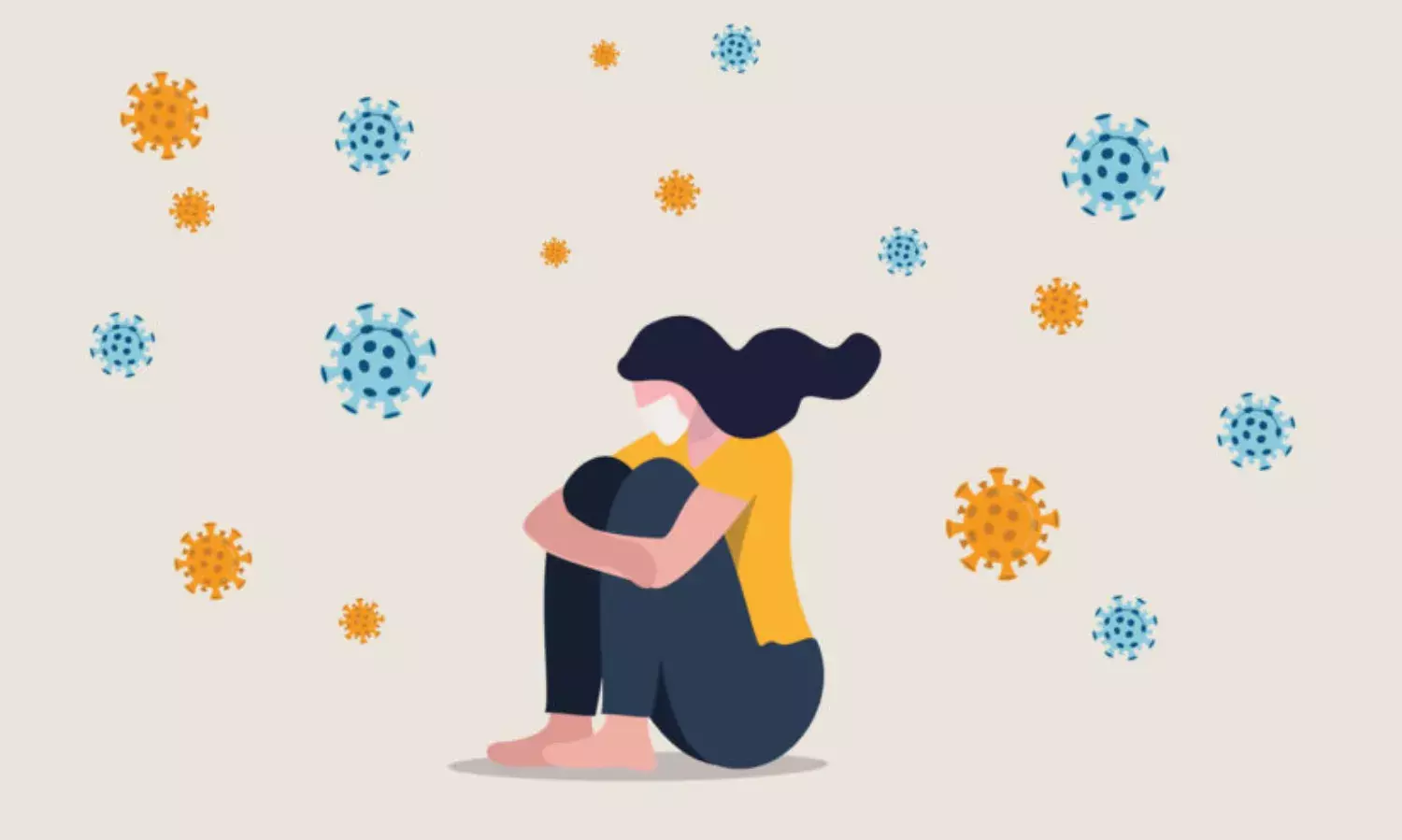Coronavirus: Little Information, More Stigmatization
Often, the fear surrounding COVID-19 can inhibit people from taking the right steps

“We know so little about the virus, so there is a lot of stigma attached to it,” said Ajit Pradhan, Chief Cardiac Surgeon of Jeevak Heart Hospital, Patna, Bihar. “When they see that a person has Corona, they treat them as an untouchable,” he told The Citizen.
COVID-19, that has struck the world at large, has caused widespread paranoia amongst the people. Coupled with this paranoia comes the stigmatization of individuals who have contracted the virus, turning coronavirus into a form of societal taboo.
“A lot of people, even the educated ones will not let the other person know that they have contracted coronavirus,” Pradhan stated. “On the contrary, they should come out and say that I have been infected with the virus, stay away. That way there is no stigma attached. You didn’t do anything wrong. As a doctor when I am taking care of a patient and I contract the virus, what wrong have I done?”
Mounika Bhukya, a resident of Bangalore who had tested positive for COVID-19, stated, “I think that we know so little about the virus at this point. Currently not everybody is trying to understand what this whole thing is, so since there is so little known to us, I feel like people have a lot more room to interpret it in their own way.”
Bhukya recalled the manner in which paranoia surrounding COVID-19 affected her space: “I live in a campus, so there were a couple of people who did test positive. There was a lot of caution and precaution taken towards them and where they lived. They put up barricades and no entry signs. I could see that it created some sort of tangible panic around when people saw that there were barricades, and saw that that particular house had a patient – a COVID patient in it.”
While Bhukya experienced such stigmatization in the university campus of a reputed academic institution in Bangalore, Mansi Singh faced the same from shopkeepers in and around her society.
Singh, a resident of New Delhi told The Citizen, “There were shops, in and around the society that refused to deliver. You are not allowed to step outside when you are in quarantine, and the only way you can get stuff is through delivery. So that shop was then severely reprimanded by the Resident Welfare Association.”
Singh, who had contracted the virus, explained, “There is a bit of a classist, which in India coincides with casteist, attitude to this pandemic as well. When we had contracted the coronavirus in our household, and we were communicating it to our fellow residents, they seem to think that it was spreading because of our staff (domestic helpers), who I had to defend because it could have been any of us in our house, but their first instinct was to blame the staff.”
Is a lack of awareness the source of this stigmatization? Pradhan told The Citizen that in reality, the level of awareness among people is “pretty high”. “I think in the city the level of awareness would be 90% or more. I see patients coming in from the villages, so I can say that even in the villages, the level of awareness is pretty high. However, mixed with that information is the paranoia, and there is quite a bit of paranoia there, but it doesn’t translate into actually taking the right steps, or into preventing what should not be done.”
“For example, just across my hospital there is a sabzi mandi, everybody has got a mask, so everybody knows that a mask should be worn,” he added. “However, the mask is not on the mouth, the mask is on the neck. So, that means that awareness is there, but the right awareness is not there.”
Often, the fear surrounding COVID-19 can inhibit people from taking the right steps, which could in turn lead to spreading the virus further.
Singh told The Citizen that some residents in her society refused to inform others when they tested positive for COVID-19. “There were other cases that came up in other parts of the society. All of us share the same WhatsApp group... It turns out that some of the residents (who had contracted the virus), did not inform their neighbours, because we did not get it in our resident welfare group.”
“As a result, the whole building got contaminated, and it became a containment zone because there were three blocks that had COVID cases, and even now there is a containment zone in my society because people did not inform each other,” she said.
Both Bhukya and Singh’s experiences stressed the need for individuals to take their civic responsibility seriously and inform those around them in case they test positive, rather than letting the fear of “Log kya kahenge (What will people say)” overpower their sensibilities.
Today, we are fighting an unknown enemy. In the wake of such a pandemic, we are also dealing with a culture of tabooing the “unhealthy”. This practice of stigmatization seems to be inherently entrenched in society. We saw it in the case of leprosy, we saw it in the case of HIV-AIDS, we saw it in the case of the “mad”, and today, we are seeing it in the case of Coronavirus.


